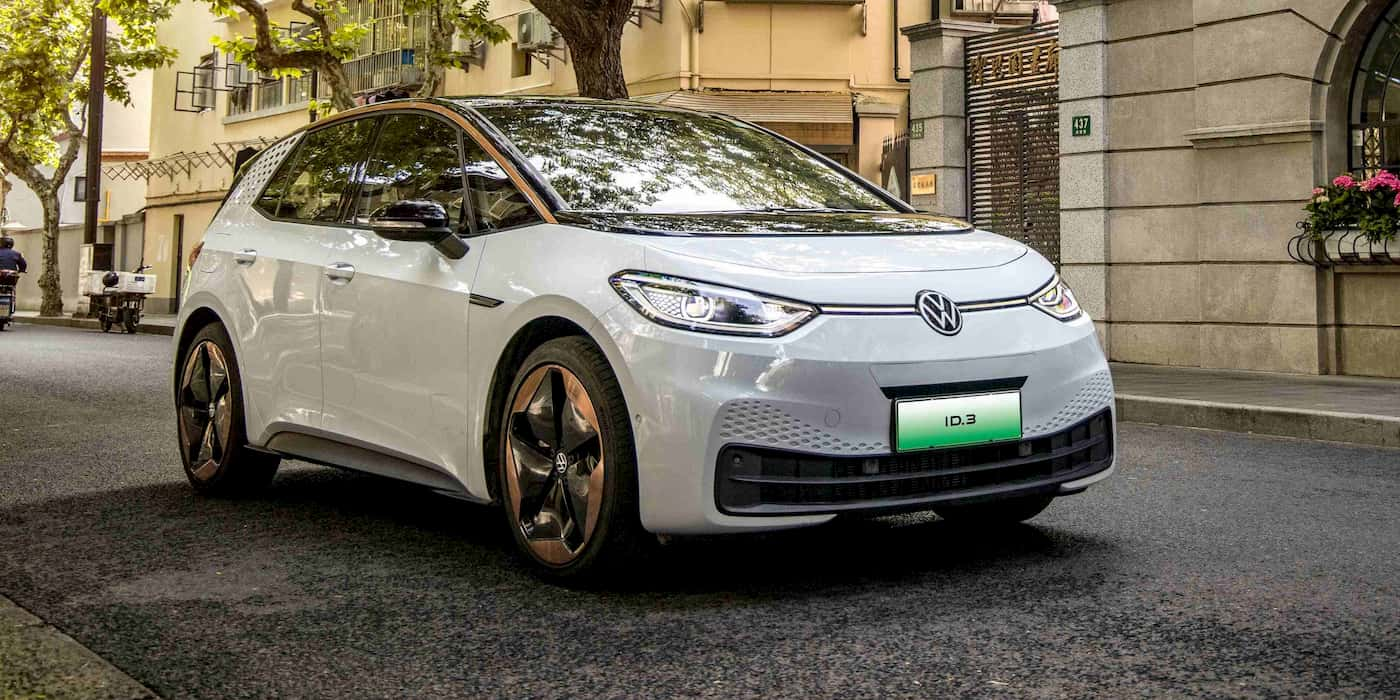
Amid an intense price war and market share loss to BYD and Tesla, China’s state-owned automaker SAIC Motor is reportedly implementing significant job cuts this year within its joint ventures with General Motors and Volkswagen, as well as its EV unit. This move is unusual for a Chinese-owned company.
The layoffs will affect approximately 30% of employees at SAIC-GM, 10% at SAIC Volkswagen, and more than 50% at the Rising Auto EV subsidiary, according to sources cited by Reuters.
This decision, while rare for Chinese-owned firms, is thought to be driven by the competitive pressure from BYD. SAIC and its foreign partners have been losing market share to Tesla and private companies like BYD in recent years. With over 94 brands offering 300+ EV models in China, the competition is fierce.
SAIC, a major player in China for nearly two decades with over 200,000 employees, has seen a 16% decline in sales in the first two months of this year compared to the same period last year, according to an SAIC filing.
The layoffs are planned to be gradual throughout the year and will mostly involve implementing stricter performance standards and providing payouts to underperforming employees who choose to resign, as reported by Reuters.
While SAIC denies planning for downsizing, a spokesperson declined to comment on strategies to reduce staff. On the other hand, VW stated that employee performance reviews are essential for ensuring job qualifications in the long term.
Reportedly, SAIC has a rating system from A to D for its employees, with those rated D being offered payouts to leave. Last year, about 10% of SAIC-VW employees received a C or D rating. This rating system applies to white-collar professionals, and it remains unclear if factory workers will be affected by the layoffs.
SAIC Volkswagen produces the ID.3 EV and Audi-branded vehicles, while SAIC-GM manufactures Chevrolets, Buicks, and Cadillacs.
In China, EV sales represent 23% of total car sales and are steadily increasing. Notably, China permitted Tesla to establish a wholly-owned entity in Shanghai in 2018, exempting the company from the requirement to form joint ventures with Chinese-owned firms.
FTC: We use income earning auto affiliate links. More.

